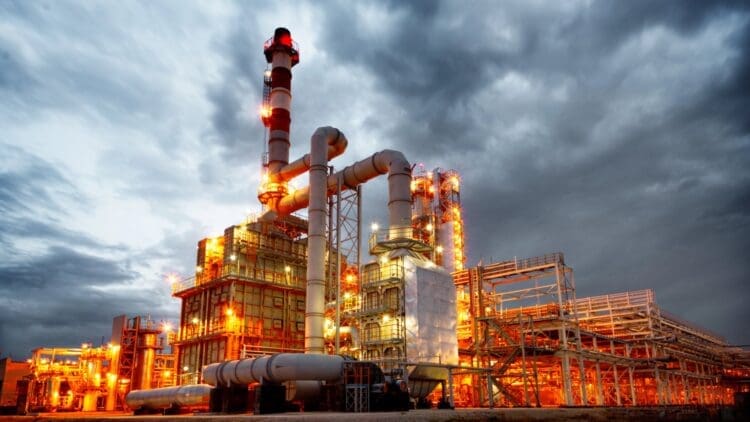In a move aimed at increasing upstream business, British energy giant BP begins oil production from the Murlach field in the UK North Sea. BP has an infamous reputation following years of issues and oil spills; however, they have taken significant steps to reduce the chance of any issues happening in recent years as the company reforms safety checks across its vast portfolio of sites and projects. The Murlach field in the UK North Sea represents an opportunity for BP to strengthen its upstream production as well as continue to serve the citizens of the United Kingdom.
BP is planning to commission 10 oil and gas projects by the end of 2027
As the high-energy usage nations of the world search furiously for the most viable and lucrative form of energy production in a sea of possibilities, BP is serving the world as a cornerstone of the oil and gas sector.
The current consensus in the global energy community is one of perpetual balance. Across the globe, every nation is considering the best methods to balance the need for expanding the oil and gas sector to continue to deliver energy that has served humankind well up until this point, with the need to integrate the renewable energy sector.
In that regard, BP is an energy powerhouse that has the budget to operate across both the non-renewable and renewable sectors in a litany of markets. The company recently began operations to begin oil production from the Murlach field in the North Sea. The site marks the sixth major upstream oil and gas project in 2025 for British Petroleum.
Additionally, the Murlach field revamp forms part of a wider plan for the British energy conglomerate. BP plans to commission 10 similar projects by the end of 2027, marking the reliance that the British energy sector puts on the traditional oil and gas sector, despite the global trend encompassing the world that calls for more renewable energy projects.
BP’s shareholders retain a level of control over the company’s project selection
The vast majority of energy companies are concerning themselves with public perception and delivering projects that align with the global push to integrate the renewable energy sector. BP, however, is focused on delivering lucrative projects that present substantial returns for its shareholders.
The Murlach oil field was a redevelopment project that reused existing infrastructure, with two new wells drilled and subsea equipment added to the sprawling site in the UK North Sea. Murlach’s subsea tieback is expected to add a peak net production of 15,000 barrels of oil per day, further strengthening the group’s Eastern Trough Area Project, which is also located in the North Sea.
“A key focus for bp in the North Sea is to identify opportunities that can be developed competitively using existing infrastructure to effectively manage established oil and gas hubs for the entirety of their lifespan. Murlach serves as another great example of this.” – Doris Reiter, senior vice president of BP’s business in the North Sea
The upstream oil and gas sector has seen a range of projects being commissioned in the richest oil and gas regions of the world.
The United Kingdom is the nations of the world that still relies heavily on the traditional oil and gas sector
As the world inches closer to a future without traditional upstream projects, as evidenced by the recent planned closure of the Czech Republic’s last coal mine. The energy sector’s plan to reduce reliance on the conventional upstream sector is commendable; however, the oil and gas sectors have existed for generations and, as such, serve as a crucial cornerstone for the global energy industry, delivering sustainable energy and employment to millions across the world. A a result of that, one could expect the upstream oil and gas sector to continue to modernize and grow as energy demand grows.





